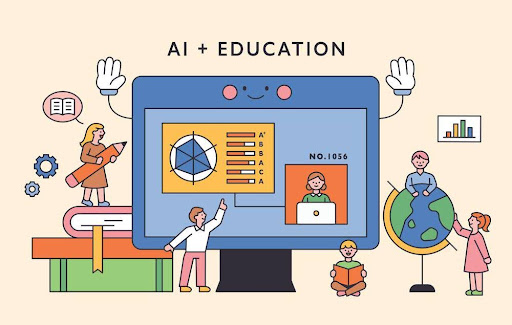10 Things About TOEFL – Test of English as a Foreign Language

You probably are familiar with this acronym but do not know what it means, right? We will try our possible best to show you everything you need to know about TOEFL – Test of English as a Foreign Language in Nigeria.
READ ALSO: How To Get Scholarship to Study Anywhere in the World.
Everything About TOEFL
Here are some Frequently Asked Question (FAQs) on TOEFL in Nigeria:
What is TOEFL
TOEFL means Test of English as a Foreign Language. It is also referred to as TOEFL iBT or TOEFL PBT . TOEFL iBT test means TOEFL Internet Base Test which is what we have in Nigeria while TOEFL PBT means paper based test which is conducted in countries that are far from internet base.
Who conducts this test?
TOEFL is a test conducted by Educational Testing Service (ETS) across the world but have centres across the world. In Nigeria, there a number of centres across major cities.
What is TOEFL meant to achieve?
This international based test is meant to test the English Language proficiency of an intending student who is not from an English speaking country but is seeking admission in an English speaking country. This test is just meant to test the your ability as an intending student to see if you will be able to understand clearly English language since that is the language with which you will be taught.
Who writes TOEFL TEST?
If you are a student seeking admission in any university across the world where English Language is their language of study, you will need TOEFL.
Also, if you are seeking scholarship in any of the universities with English Language as their language, you will need TOEFL.
People seeking for visa or work permit in countries English speaking countries can also write this test as organizations make use of it too.
For how long is the result accepted?
Presently, the result is usable for only two years from the time of the exam.
Read also: The Ultimate Guide to Getting Accredited Online Degree
What is the approved standard of English used?
The approved standard of English used is North American English. As a Nigerian, you probably have been familiar with British form of English. You might therefore need to get knowledge this acceptable English standard.
What form does the test take?
The test is in four formats:
- Reading – To test your ability to understand the written English, you will be required to read certain passage and then answer questions that follow.
- Listening – You will be required to listen to conversations and lectures, then you will answer questions based on what you hear.
- Speaking – Here, you will be required to speak based on your experience and also react to either written words or spoken words.
- Written – You will also be required to write an essay. Your essay might be based on a passage or on what you are given to listen to.
When is the test conducted?
Since it is an internet based test, it is done through the year especially weekends. But it is required you register earlier.
How much does it cost?
The fees vary from one agent to the other depending on what they offer. Some do it along with study packs and tutorial. The more they offer, the more they tend to request. With the fall of Nigeria naira, it might be between N140,000 to N200,000.
What is the Cut off Point for TOEFL?
There is no specific cut off mark. Just like JAMB in Nigeria, each school determine their cut off marks. The school you chose will determine their acceptable point.
How long does it take for the result to be relapsed?
Basically, within one week (i.e. seven days), at most within nine days of writing the test, your result will be ready on the internet. You will be able to check it through your personal logging in on EST.
Can I retake the test?
If you write it once and could not reach your desired school’s cut off point, you can rewrite it as many time as possible. There is no restriction for writing Test of English as a Foreign Language.
Learn from our free online tutorial that prepares you for TOEFL







